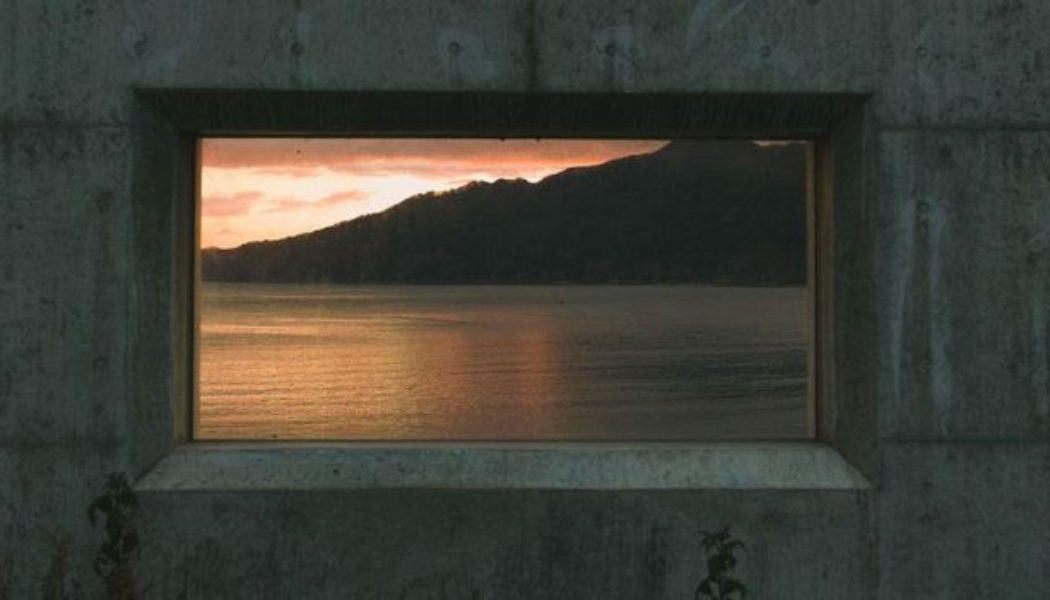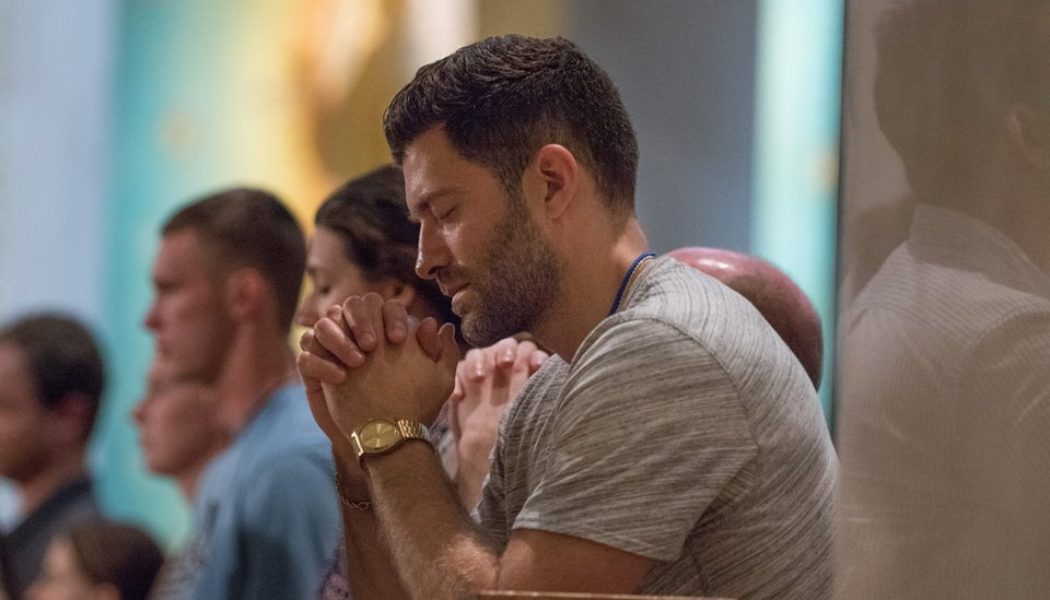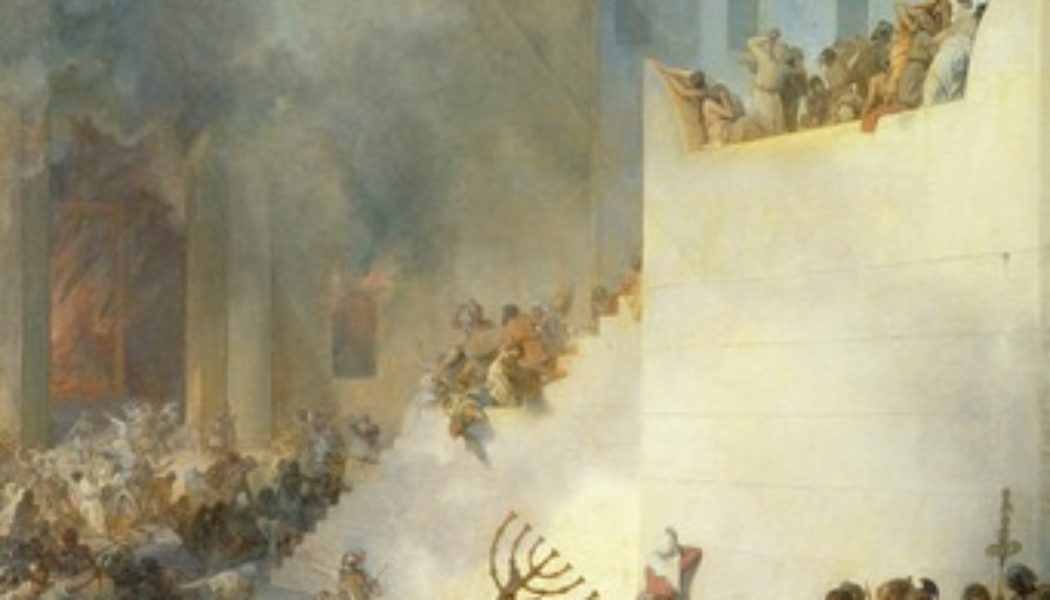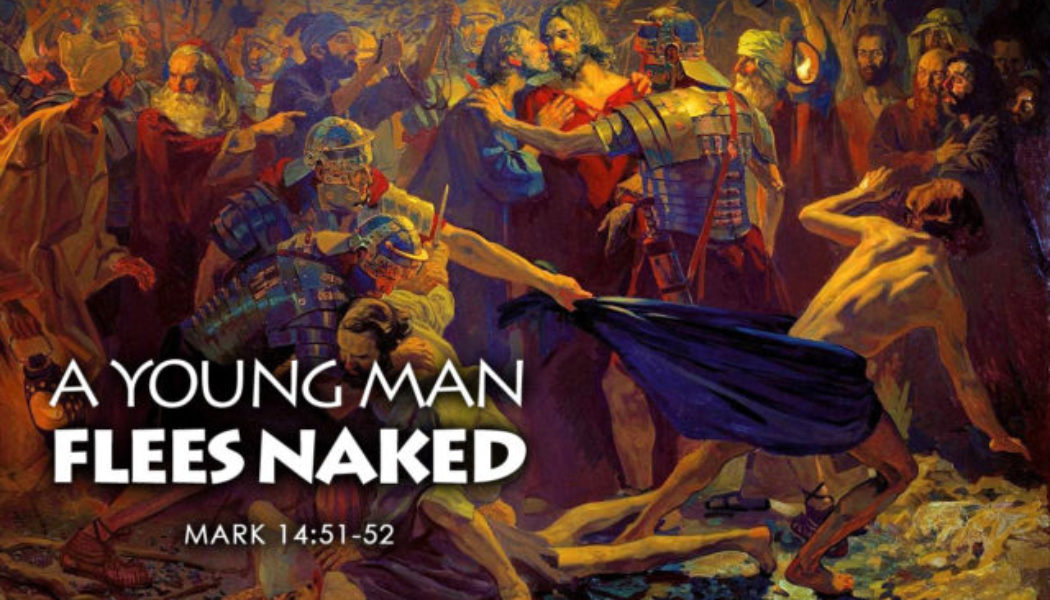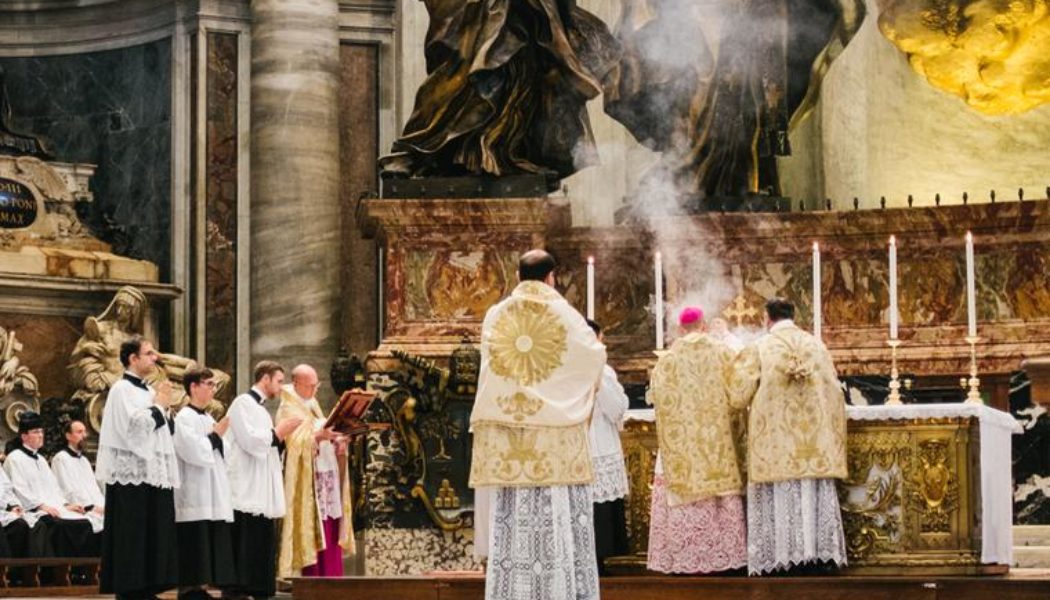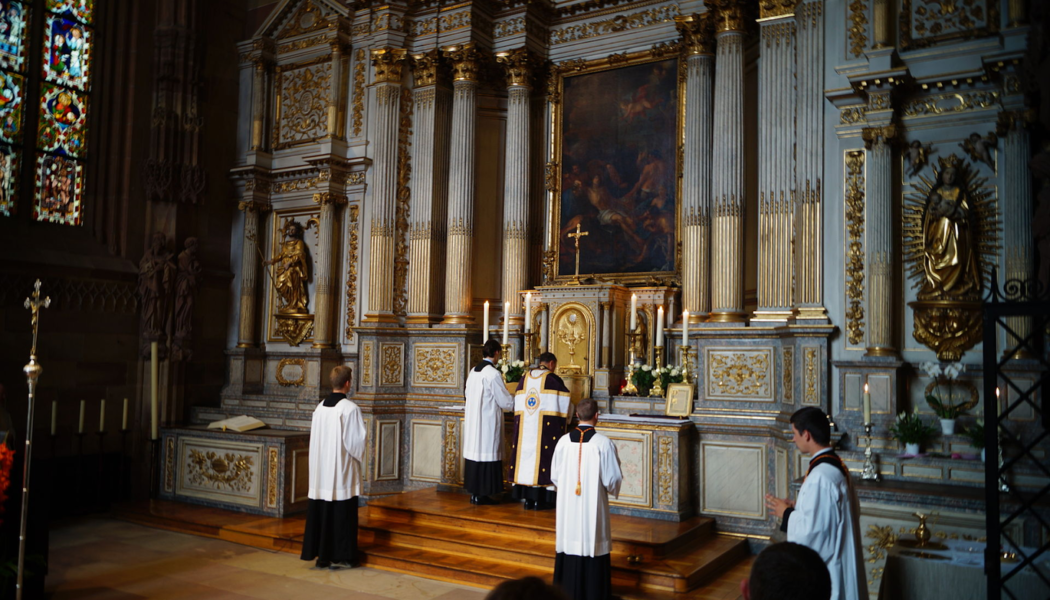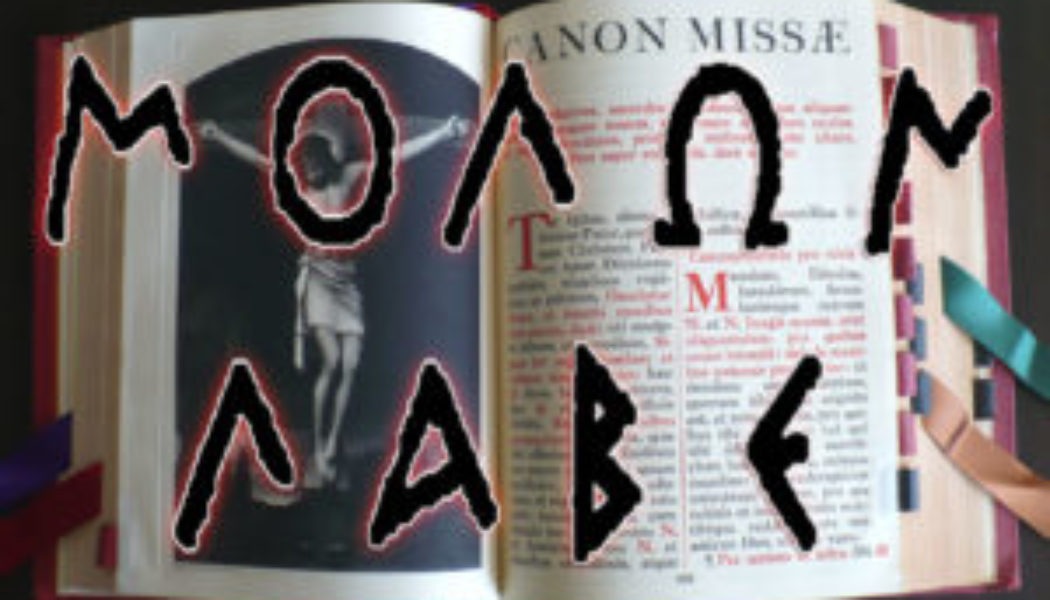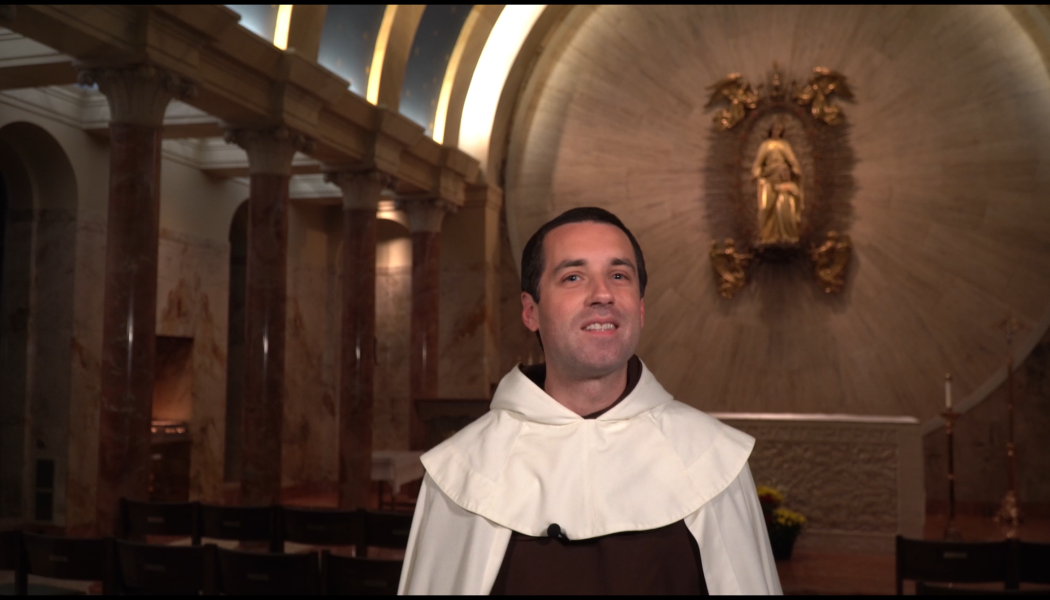Discover
Noelle Mering: How Christians should respond to the Woke revolution…
July 15, 2021 “It seems like this is a cultural revolution that’s bloodless — or seemingly bloodless, although I do think that there’s human casualties, for sure — but I think it’s really hard to see it,” said Noelle Mering, author of “Awake, Not Woke: A Christian Response to the Cult of Progressive Ideology” (TAN Books). She is a writer and an editor, and also a fellow at the Ethics and Public Policy Center. See more at NoelleMering.com and follow her @Noellem on Twitter. Share | Download(Loading) Join Our Telegram Group : Salvation & Prosperity
Concrete accounts for about half of all manmade things. There is so much concrete in the world that soon it will outweigh all living matter…..
Ages of human history have often been named after the materials that our ancestors mastered at that time: stone, bronze or iron. If future archaeologists do the same for us, what material might they choose to define the 21st Century? Silicon? Plastic? Both are candidates, shaping the world for better and for worse. But if the decision were based on scale alone, then there can be only one answer: we are living in the age of concrete. There are few human-made substances on Earth that are quite so ubiquitous. Concrete is what the philosopher-ecologist Timothy Morton calls a “hyperobject” – something so enormous and widespread that it cannot be fully contemplated with the mental faculties that we have. If you attempt to picture the entirety of the world’s concrete in the mind...
Four teachings on personal prayer, for the 16th Sunday in Ordinary Time…
The Gospel this Sunday speaks to us of the priority of personal prayer. In last week’s Gospel, Jesus sent the apostles out two by two to proclaim the Kingdom. Now they return, eager to report their progress and the graces they encountered. As Jesus listens, He urges them (perhaps because they are so overjoyed) to come away and rest awhile, for they have labored long. In so doing, Jesus also teaches us about prayer. Let’s consider four teachings on prayer that are evident in today’s Gospel. I. The Practice of Praise-Filled Prayer – As the text opens, the apostles are with Jesus, joyfully recounting all they experienced on their missionary journey. In a similar text in Luke (10:17), the apostles return rejoicing, saying that even demons are subject to them (through Jesus’ name). Thus, their ...
Someone built a high-speed 360-degree camera, and the results are mesmerizing…
[embedded content] Macro Room flies through space and time using an ingenious camera rig… Join Our Telegram Group : Salvation & Prosperity
Can calamities come to us? Yes. But when these calamities come, will the Lord still be with us? Yes…..
16th Sunday in Ordinary Time Today I will be speaking to you about why the Jewish calendar is different from our own, about why this Sunday is of special significance in Jewish history, and about the enduring faithfulness of our Lord towards his people. Like many ancient cultures, the Jews kept a lunar calendar, while we, and most of the world today, follow a particular solar calendar. Our modern calendar is called the Gregorian Calendar, instituted by Pope Gregory XII in 1582. For the Gregorian Calendar, one orbit around the Sun makes one year, counted as 365 days (or 366 days in a leap year). The Jewish calendar, instead, is focused on the Moon: one cycle of the Moon through its phases makes one month, counted as 29 or 30 days. Because the cycles of the Sun and Moon do not perfectly matc...
Who was the mysterious man who “ran away naked” from Gethsemane?
Mark contains a brief story not found in the other Gospels. Immediately after Jesus’ arrest, the Eleven scatter, and we read: And a certain young man was following him, clothed only in a linen cloth on his naked body. And they attempted to seize him, but he left behind the linen cloth and fled naked (14:51-52, LEB). People naturally want to know who this young, anonymous man was. Was it Mark? Today, many say it was Mark himself—that he recorded this incident the way medieval artists sometimes put tiny portraits of themselves in their paintings or the way Alfred Hitchcock briefly appears in his films. Some may even suppose this is the traditional answer that has always been believed, but it’s not. The Church Fathers made other proposals, and this theory only became common in the late 19th c...
This Sunday, let’s interrupt Our Lord’s rest…
By Tom Hoopes, July 15, 2021 This Sunday, the 16th Sunday in Ordinary Time Year B, the readings show us how we should behave in the world when we feel like we are walking through a dark valley with God far off and no one but weak and wicked shepherds to guide us. In the Gospel, Jesus heads off to rest a while. We should be like the crowds who won’t let him rest. Jesus’ words Sunday are among the most refreshing in the Gospel: “Come away by yourselves to a deserted place and rest a while.” These words have launched countless retreats that have done enormous good for Christians over two millennia as we learned that we are not made for continuous labor. These words are also critical for those who serve others to keep in mind: The Christian life only works when it is a series of breaks we...
St. Thomas Aquinas taught us how to please God while dealing with bad prelates: (1) We salute the rank, not the man; (2) When we suffer FROM the Church, we must suffer FOR her…..
What attitude should a Catholic take toward cruel and arbitrary prelates – for example, those who endlessly stir up division and then shamelessly blame the division on those who note and bemoan the fact? In Quodlibet VIII, Aquinas makes some relevant remarks when addressing the question whether “evil prelates” should be honored. You can find the passage in the Nevitt and Davies translation of Thomas Aquinas’s Quodlibetal Questions, from which I quote: We can distinguish two things about a prelate: the person himself and his office, which makes him a sort of public person. If a prelate is evil, he should not be honored for the person he is. For honor is respect shown to people as a witness to their virtue. Hence, if we honored such a prelate for the person he i...
Latin Mass Supporters React With Dismay to Pope’s Severe New Restrictions…
VATICAN CITY — Pope Francis has issued sweeping restrictions to the celebration of the Traditional Latin Mass, reversing previous papal decrees that had liberalized the Mass celebrated before the liturgical reforms of Pope St. Paul VI in 1970, and urging a “return in due time” to the liturgy instituted after the Second Vatican Council. Supporters of the Latin Mass have responded to the new papal document with concern, saying that it clamps down in an unjustifiably swift and harsh manner on its celebration of the sacred liturgy. In a new apostolic letter issued motu proprio titled Traditionis Custodes (Guardians of the Tradition) and signed on July 16, the feast of Our Lady of Mount Carmel, the Pope has taken the “firm decision” to immediately overturn Benedict XVI’s 2007 motu p...
Here’s an explainer from The Pillar about the changes to the Traditional Latin Mass…
Pope Francis on Friday promulgated Traditionis custodes, a new set of norms that makes significant changes to the rules governing the Extraordinary Form of the Roman Rite. The changes restrict significantly the permission of priests to offer the Extraordinary Form, and place diocesan bishops in the position of regulating its celebration. The changes come after a global survey of bishops, Pope Francis said. The Extraordinary Form of the Mass offered in Stasbourg Cathedral. Credit: Christophe117/wikimedia CC BY SA 4.0 Share The Pillar While the pope did not suppress the celebration of the Extraordinary Form, as he was rumored in some circles to be planning, the changes are significant — essentially a rollback of the 2007 motu proprio Summorum pontificum. Need a primer on terms like “Extraord...
My first reaction: The vulgarity of this motu proprio is matched only by its cruelty…
Today, 16 July, is the Feast of Our Lady of Mount Carmel. During the Amazonian Synod (“walking together”), it was at her church in Rome, near the Vatican, that the shrine to to the demon Pachamama was set up. Today, 16 July, is the anniversary of the Great Schism in 1054, when a Bull of Excommunication (not a Pachamama bowl) was lain on the altar of Hagia Sophia. Today, 16 July, the Manhattan Project for the first time successfully detonated a nuclear weapon. Today is the anniversary of the first nuke in 1945. In each of those cases, it took a long time to weigh the implications. It also takes times to absorb and weigh the implications of legislative documents. That leads me to my first reaction to the Motu Proprio, Traditionis custodes, which effectively insults the entire pontifica...
Who is Our Lady of Mount Carmel?
Today is the Solemnity of Our Lady of Mount Carmel. In this video, Fr Michael-Joseph of St Thérèse explains the connection between Mary and the Carmelite tradition. We see what Our Lady of Mount Carmel signifies for the spiritual life of Christians and how they can incorporate this devotion in their daily lives. She is not just for Carmelites, but for all who want to go deeper in the adventure towards union with God. The brown scapular is seen as a great key for this. Join Our Telegram Group : Salvation & Prosperity


